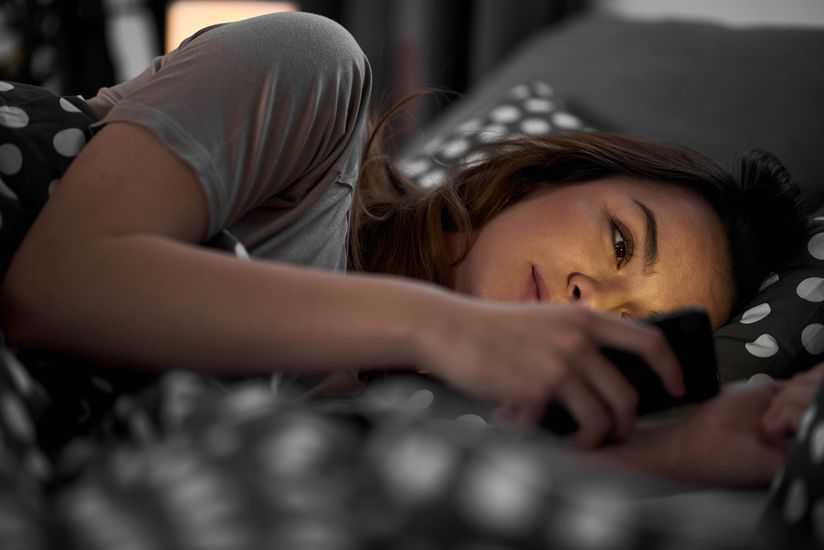Sleeping Through It
Daylight saving time begins March 13, with clocks leaping forward an hour — robbing us of a precious hour of weekend sack time. The beginning of daylight saving time is considered harder to handle than its end, but either can be disruptive for the third of adults who suffer temporary insomnia from any sudden change in schedule. Here are some free or inexpensive techniques to help handle the time shift.
Related: This Is Why Getting a Good Night's Sleep Is Harder as You Get Older




















